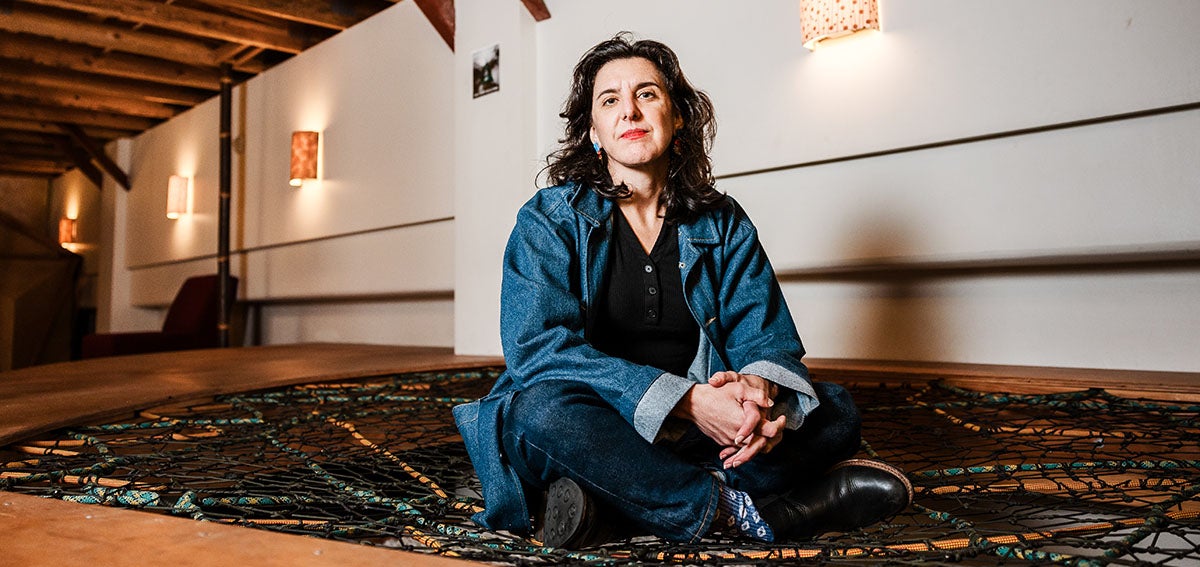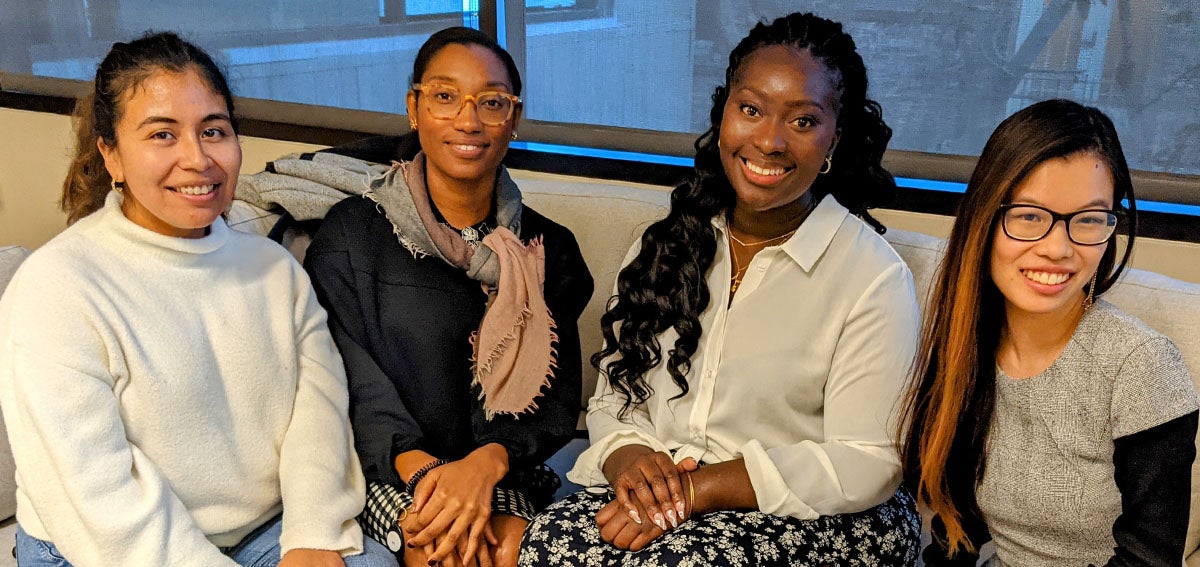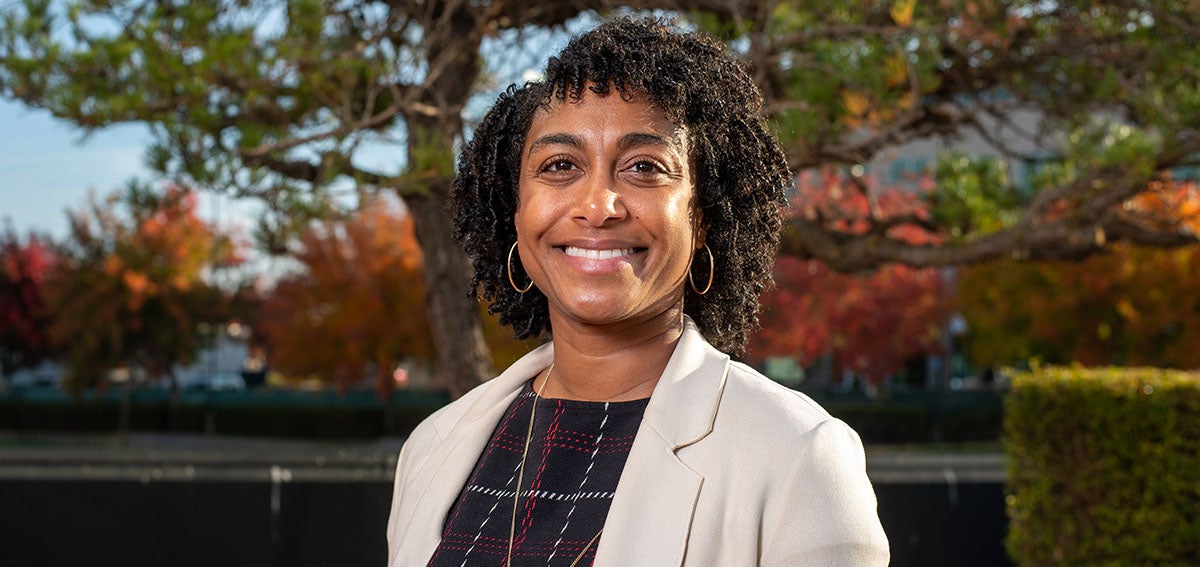View the Report
Jump to All Downloads & LinksIn the Listening to Black Californians study, Black LGBTQ+ (lesbian, gay, bisexual, transgender, queer/questioning, and more) Californians are more likely to report specific negative experiences in the health care system compared to Black Californians overall.
The Takeaway
Listening to Black Californians Who Identify as LGBTQ+ uncovers a story of recurring mistreatment in the health care system. Health systems and policymakers should actively integrate Black LGBTQ+ Californians into designing and implementing new health-related policies, practices, and resources. Community-based organizations and trusted messengers can serve as important partners for reaching, engaging, and educating patients.
This study included an oversample of Black Californians who identify as LGBTQ+ to learn more about the health care experiences of this understudied population. The abbreviation LGBTQ+ is used in this fact sheet to be inclusive of the community; however, survey data is limited for people identifying as trans. Despite efforts to oversample this population, the sample did not include enough people identifying as trans to meet the threshold of statistical significance for this study.
The study included one-hour interviews with 13 Black LGBTQ+ Californians, two focus groups with LGBTQ+ participants, and 330 survey respondents who identified as LGBTQ+. About half of these survey respondents (51%) identified as female, 48% identified as male, and 1% identified as nonbinary. Six percent of LGBTQ+ survey respondents identified as transgender.
Key Findings
“I think also being part of the queer community . . . because of the history of the AIDS crisis, there is a real openness about [how] we have to support each other’s health and wellness. . . . And we’re probably gonna be discriminated against in health care settings, so we have to be there for each other. . . . That community support is even more important to me.”
—33-year-old Black nonbinary person,
San Diego
Black LGBTQ+ Californians Prioritize Their Mental Health
Focus group participants shared how limited familial and societal support, coupled with financial challenges, contribute to their mental health conditions. Nearly half of LGBTQ+ survey respondents (49%) report having a mental health condition, compared to less than one-fourth of all other respondents (22%).
More than four in five LGBTQ+ respondents (84%) report putting “a great deal” or “quite a bit” of effort into focusing on mental health. Three in four LGBTQ+ respondents (75%) report placing “a great deal” or “quite a bit” of effort to reducing stress.
Black LGBTQ+ Californians Often Experience Mistreatment Due to Their Layered Identities
The LGBTQ+ community is diverse and includes all races, generations, income levels, genders, and sexual orientations. Unfortunately, many Black LGBTQ+ Californians find that the combination of their race, sexual orientation, and gender identity can expose them to poor treatment from the health care system.
Many Black LGBTQ+ Californians Avoid Care or Minimize Questions When Seeking Care
Black LGBTQ+ Californians (41%) are significantly more likely to avoid care because of concerns they would not be treated fairly or with respect, compared to all other respondents (25%).
Significantly more LGBTQ+ Californians (45%) report minimizing questions and concerns to avoid being perceived as “difficult” when they do receive care, compared to all other respondents (26%). More than half of LGBTQ+ women (56%) and one-third of LGBTQ+ men (33%) report minimizing questions and concerns.
Key Areas for Action
- Engage LGBTQ+ people in conversations about what they need from the health care system.
- Restructure clinical and administrative documentation to be inclusive of LGBTQ+ patients and their families.
- Educate all health care staff, from providers to medical receptionists, to use gender-neutral language and to exercise cultural humility.
- Pursue public-private partnerships to secure funding and resources for community-operated programs that support Black LGBTQ+ residents.
- Promote patient advocacy and education tools.
Authors & Contributors

Amber Bolden
Amber Bolden, MPP, is a freelance communications consultant and member of the Los Angeles Chapter of the National Association of Black Journalists. She works as a consultant facilitator for the Village Fund, the community grantmaking program for the African American Infant and Maternal Mortality (AAIMM) prevention initiative. She has worked on several community development initiatives and served as a founding member of the Sankofa Birthworkers Collective in the Inland Empire.
Amber is a board member of Tru Evolution, a direct service health equity nonprofit organization that prioritizes the LGBTQ+ community by providing HIV, health, housing and community services.





